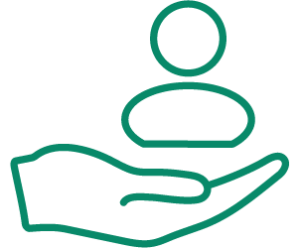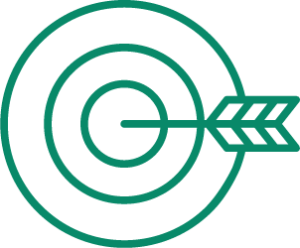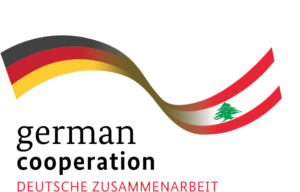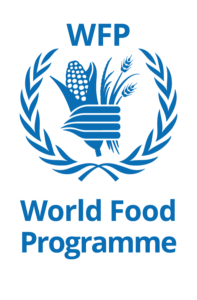Apply to the Food System Challenge and get support to scale your impactful business solution!
The Food System Challenge supports businesses to solve core challenges of the food system in Lebanon, and more specifically in the sectors of dairy and meat production (cow, goat, sheep), cereals and pulses (and its by-products), protected horticulture (Classical green houses, hydroponics, and aquaponics), and domesticated edible herbs and plants.
Applications are now closed.



















